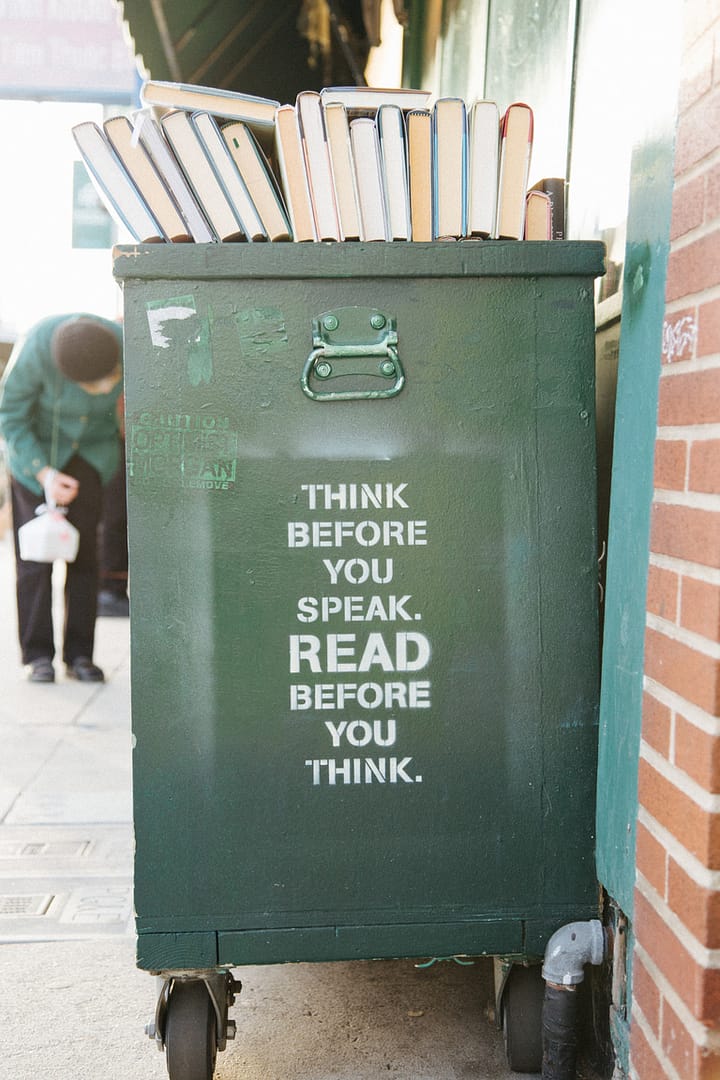Writing a novel can be overwhelming. When I first started, there was so much to learn and at times, it felt overwhelming. Here are the lessons I learnt when I was writing my debut novel, Broken.
1. Start writing today
Most of us have tendencies to procrastinate before jumping into a big endeavour such as writing a story. It’s understandable and some of us (like me!) pretend that we can only start if we had a bigger monitor, professional writing software, more time in the day, or whatever reasons / excuses we can come up with. We should prioritise our writing and start today with what we have or know right now. Not tomorrow, or a later date, or push it back as a new year’s resolution. Start now.
2. Learn the writing craft
Having ideas for a story is a good start to formulating our blockbuster story but that alone will not make a good story. A good story needs many elements such as structure, plot, character, conflict, etc. Apart from reading textbooks on writing, there are other ways to learn:
2.1 – Writing is not all about writing
One of the obvious goals of writing is to write a certain number of words each day, week, or month. Of course, this is important, but if we’re only focussed on this without regard to anything else, we’ll end up with a lengthy story but no plot, character development, etc. Writing, or should I say, good writing, also involves mulling over ideas, solving plot holes, reading other books, researching, etc. So, we shouldn’t beat ourselves up if we didn’t write that thousand words over the weekend but instead spent our time researching for the story because, in my book, that also counts as writing!
2.2 – Start with what you know, interested in or passionate about
This might be controversial in some circles but for newer writers, this will likely speed up our writing developmental process. It doesn’t mean that we can’t write about aliens (or whatever else is foreign to us) but it will be easier to start with what we know whilst we’re learning how to write instead of grappling with world building, magical systems, or historical events.
2.3 – Write a short story
If what you’ve read so far overwhelms you, try writing a short story so you can establish your writing voice, understand the ups and downs of the writing journey, and find solutions to the issues facing your story.
2.4 – Explore the possibilities – ask ‘what if’
We shouldn’t constrain or self-censor ourselves when we have thought bubbles just because we think our initial idea is ridiculous. Keep pushing the idea until it is truly unviable or doesn’t fit with the story. For example, think about all the characters in your story and all the possibilities that can happen to them or that they instigate. Ask what if it was the little girl who was the murderer instead of the loner living at the end of the street with his mother? What if it was the wife who had the affair and told her husband that he was being paranoid? Or what if someone farted in the middle of a tense fight scene? The possibilities are endless just by asking, what if?
2.5 – Read other books critically
The active word here is “critically”. This is because we’d want to understand what we like and don’t like, why we like / dislike it, and come up with how we can solve the issues.
2.6 – Seek honest feedback
Although we can ask our families and friends for feedback, they will likely say that our book is great to protect our feelings (that’s what families and friends are for!) or simply provide broad non-actionable feedback such as “I didn’t like the story or this character” without explaining why. We should actively seek to understand the good and bad (aka “improvement areas” for those more sensitive!) about our writing so we can address the root of the issues.
2.7 – Be open to new ideas and opinions
I’m sure there’s a point in every writer’s journey when we think that our story is the best thing in the universe and that any critical feedback was due to the fault of the reader who couldn’t see the story’s greatness and not from our own writing. If we ask for feedback, we don’t need to agree with everything, but we should consider it instead of dismissing it out of hand. Otherwise, we shouldn’t bother asking for feedback to begin with. Sure, accepting feedback might mean hurting our ego or deleting a scene that we spent hours on but take the hit if it makes the story objectively better. Readers will thank us for it later.
2.8 – Don’t write in order

3. Set goals and track progress
3.1 – Determine your writing ambition
If we treat writing as a hobby, it will become a hobby, however if we want a career from it, we need to treat it like a career by setting goals, deadlines, and establishing an operating rhythm and a routine that works for us. The good news is that there’s no right or wrong ambition – we determine that. But whatever we decide, we need to be prepared to put in the necessary work to achieve it… like anything else in life!
3.2 Establish a writing routine
We should establish our writing goals and set a routine to achieve it. It doesn’t necessarily mean we have to do something every day. We simply need to be consistent. Of course, writing every day won’t hurt if we can do it. Also, if we can, establish a comfortable writing area where we can concentrate on writing and not be distracted by the TV, washing machine, or podcast in the background.
Set deadlines and track your progress. Try to stick to deadlines as much as possible otherwise our writing will be an endless project… and just the mental fatigue of thinking about will probably gnaw at you every single time we think about it.
If we’re totally new to the process, get a feel for how long things take first. After we understand our own writing process and how long it takes, set tentative timelines. It won’t be the end of the world if we miss the date by a few days or even a few weeks. As it’s self-imposed, we can always fine tune deadlines. Just be realistic with the dates.
4. Have realistic expectations and be kind to yourself
4.1 – Writing is not a get-rich-quick scheme
While many of us dream of writing a killer story that would earn us fame, fortune, or both, the reality is that most of us will not earn enough to quit our day jobs – sorry to disappoint. It will take time and hard work and even then it’s no guarantee of success.
4.2 – Forget about perfecting your first draft
For many newbie writers, our first drafts will likely be crap. Sorry, there’s no other way to put it. The good news is that it’s not the end of the world. The bad news is that it will take revisions after revisions to make it half decent. And after the nth time we’ve edited and getting sick of even thinking about your story, congratulations, we’re probably only halfway through the journey.
Just keep writing. If it helps, we can ourselves permission to “tell” instead of “show” in our early drafts of our manuscript, outline or synopsis. However, we need to remember to “show” as we revise our drafts. A lot will need to change or deleted before we publish but don’t give up. And whatever we do, don’t ever compare our first draft to published stories. It’s the fastest way to kill motivation. Remember, those stories have already gone through many rounds of edits and even more sets of eyeballs, while we’re only on the first draft. And if it’s not clear enough, we shouldn’t compare ourselves to professional authors whose sole job is to write and have done it for years. Instead, we should have perspective and know where we are in the process and keep learning and enjoying instead of worrying what other people are doing.
One tip that I found useful, especially when I was sick and tired of reading my own story, was using the “Read Aloud” option in Microsoft Word to read the story back to me. This was useful because after so many edits, I may have missed or unconsciously skipped through errors while “Read Aloud” enunciates each and every word. Sure, the voice was be stilted and computer-generated but it’s passable if you simply want to give yourself a break from reading and catch any misspelt words, errors, etc. To access this, go to the “Review” menu, and click on “Read Aloud” in the Speech section in Microsoft Word.
4.3 – The first book will be the hardest to write
Given we’d be still learning the craft, writing will be painful and slow. If the exhaustion of writing doesn’t hamper our progress, life probably will get in the way. To add to the frustration, we will then get “dumb” feedback from people who “don’t know what they’re talking about.” So, be patient and simply focus on finishing the draft. Don’t worry about perfecting it – that’s what editing is for.
Your work will be rejected… a lot – If we’re planning to be traditionally published, rejections are part and parcel of being a writer. As disheartening as it is, we shouldn’t take rejection personally and hold us back from querying our work to an agent.
5. Share your writing goals

6. Don’t chase the market
We shouldn’t focus on chasing market trends, instead we should focus on writing the most interesting story we can. If that happens to be in vogue, so be it. If not, so be it as well. To provide a personal example, I have a number of ideas that falls into the historical fiction category however never worry about whether it would be relevant or appropriate. Quite the contrary. I’m excited to bring that piece of history to the reader so we can all share the experience together. The main thing I’m concerned about this story is whether or not there is a strong enough plot, characters, etc. Besides, by the time I can chase the market, the trend may not be there any more or my writing voice would be forced. The bottom line for me is that it wouldn’t feel like an organic way to write a compelling story.
7. Enjoy the process










